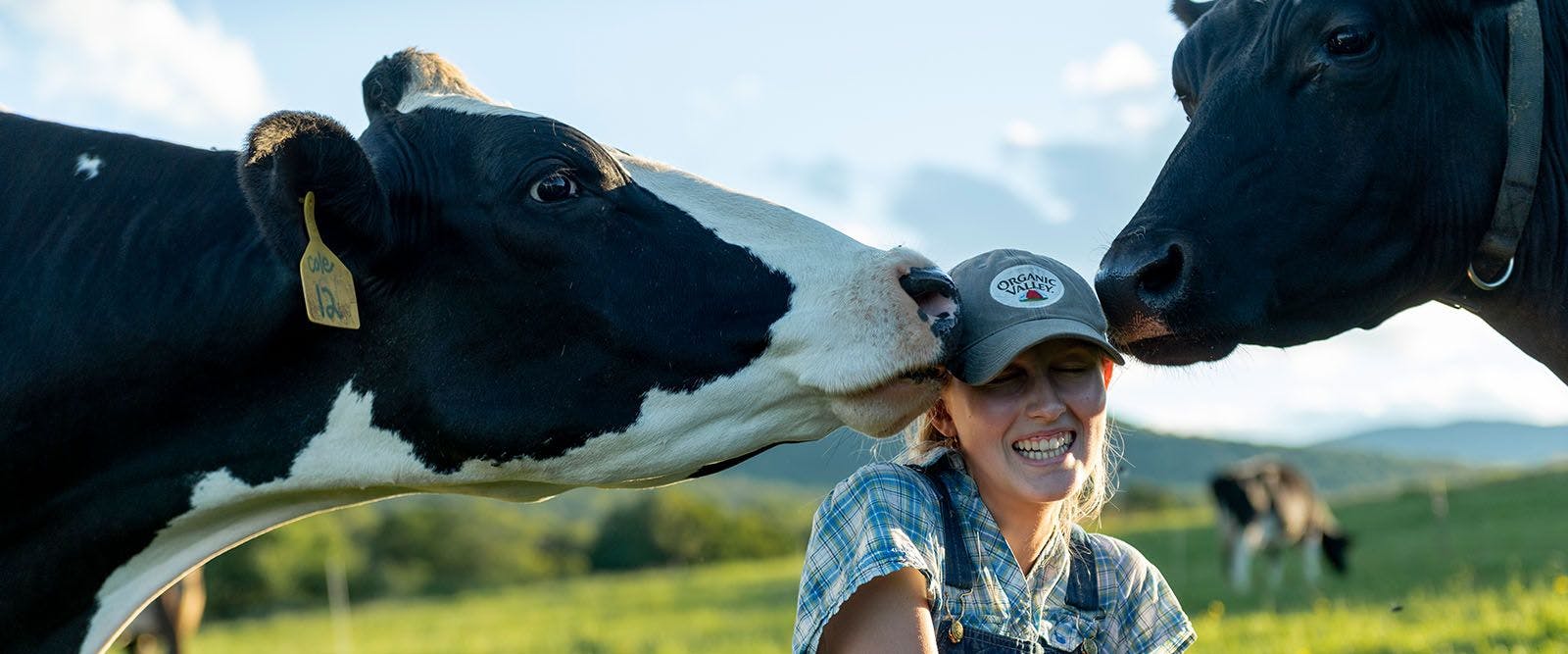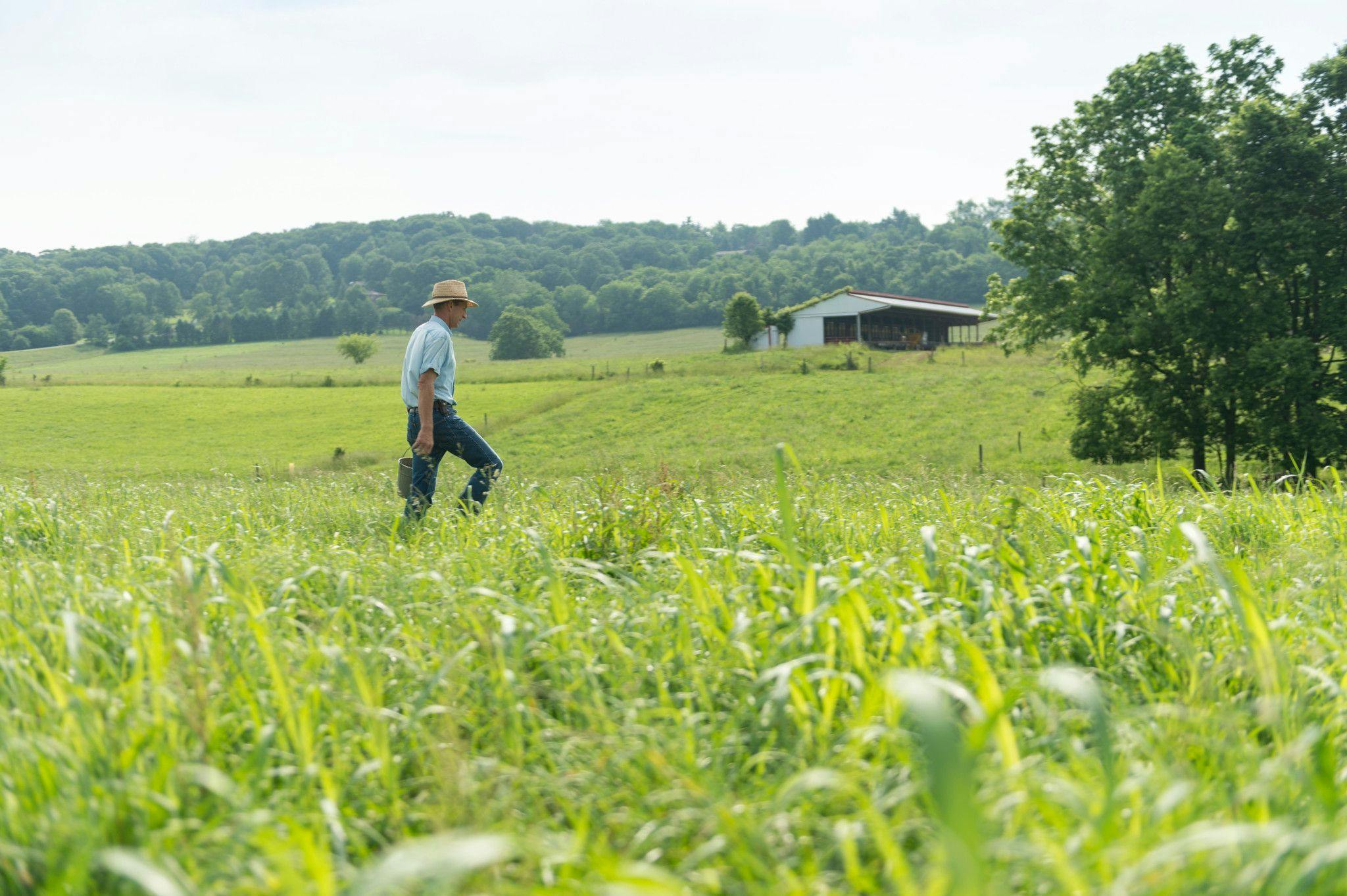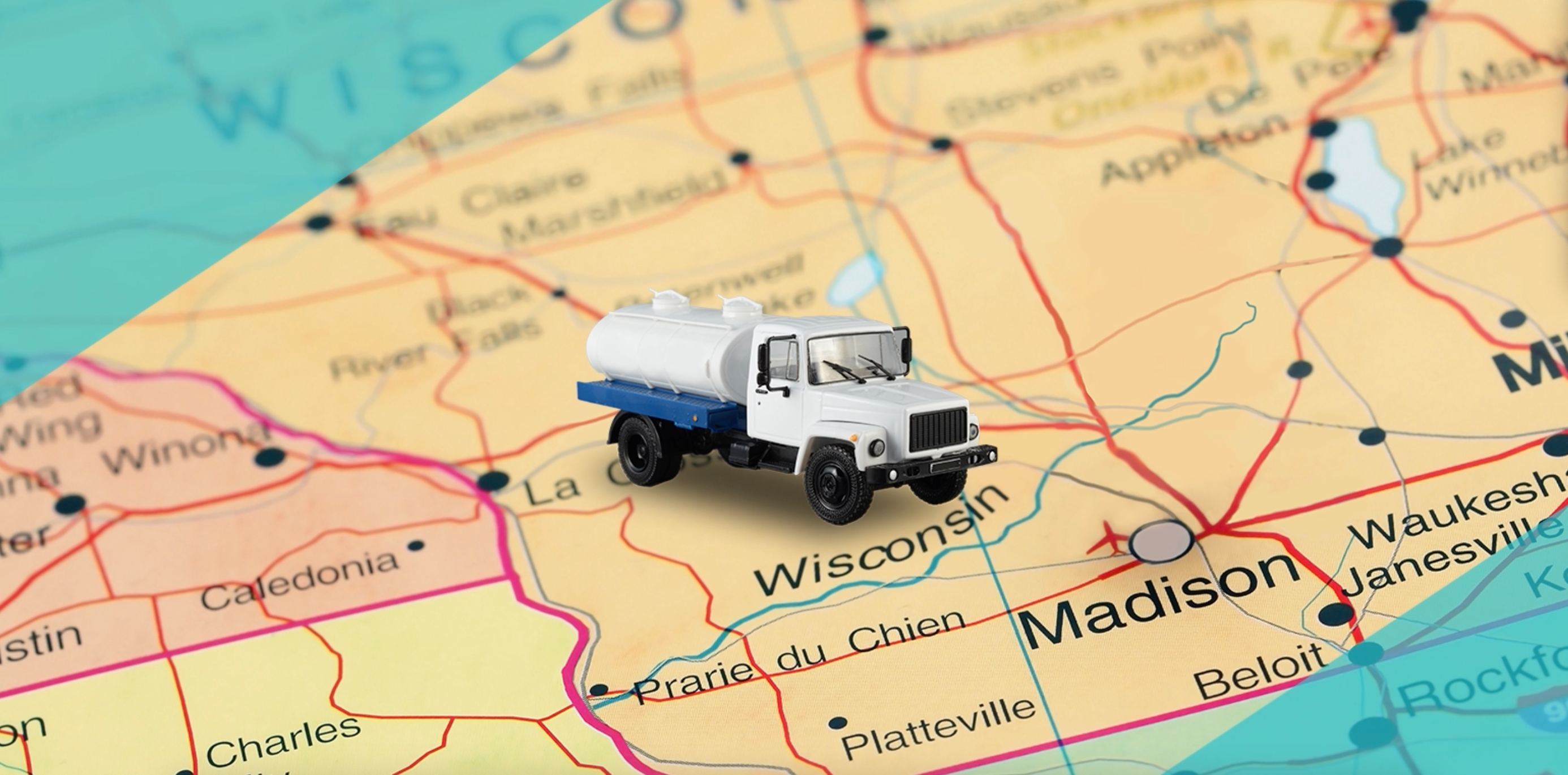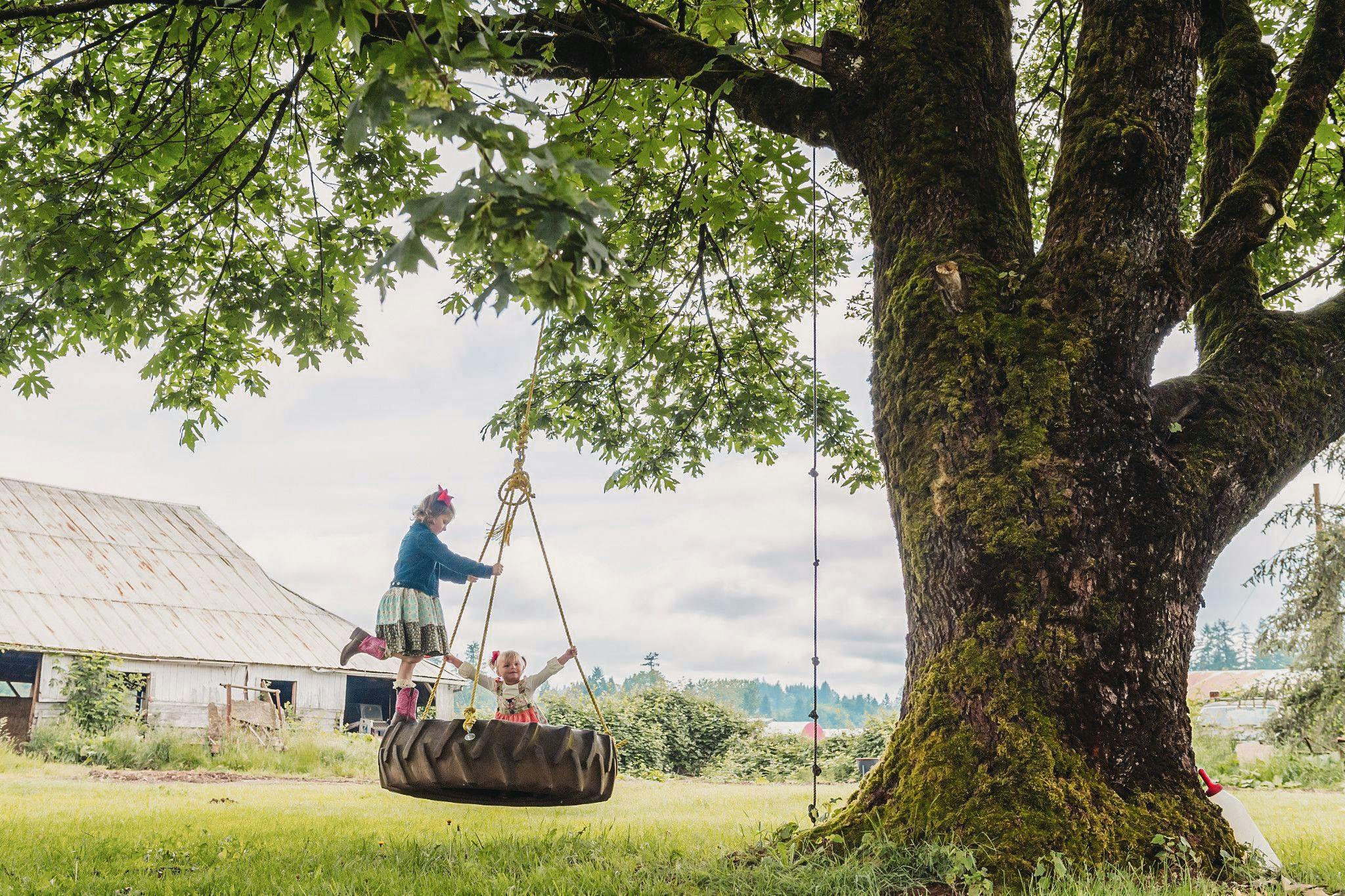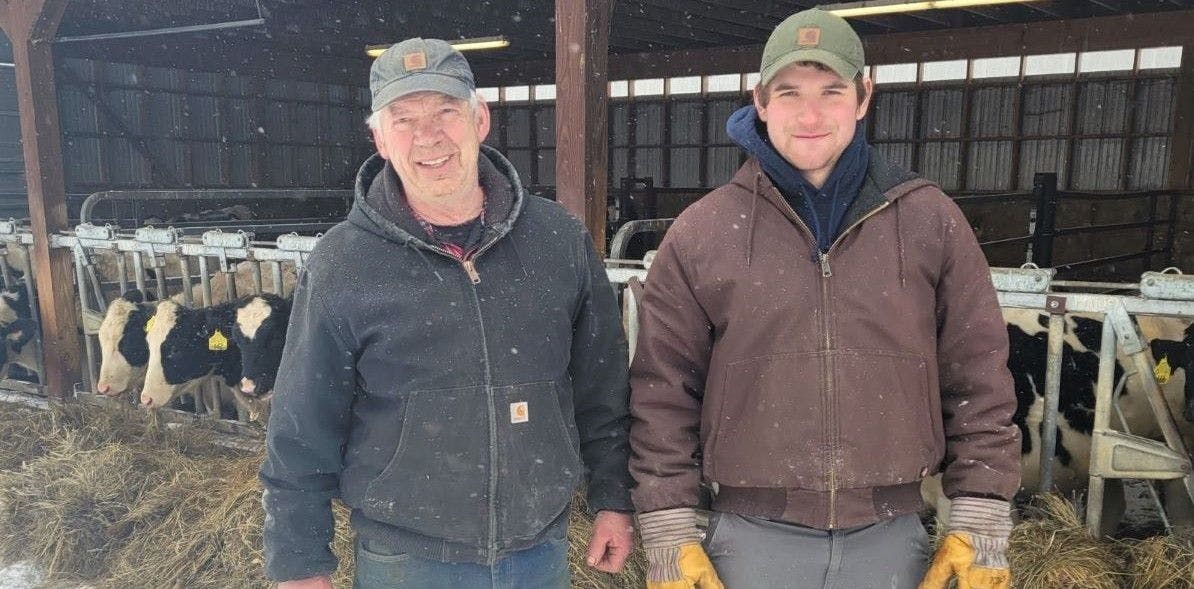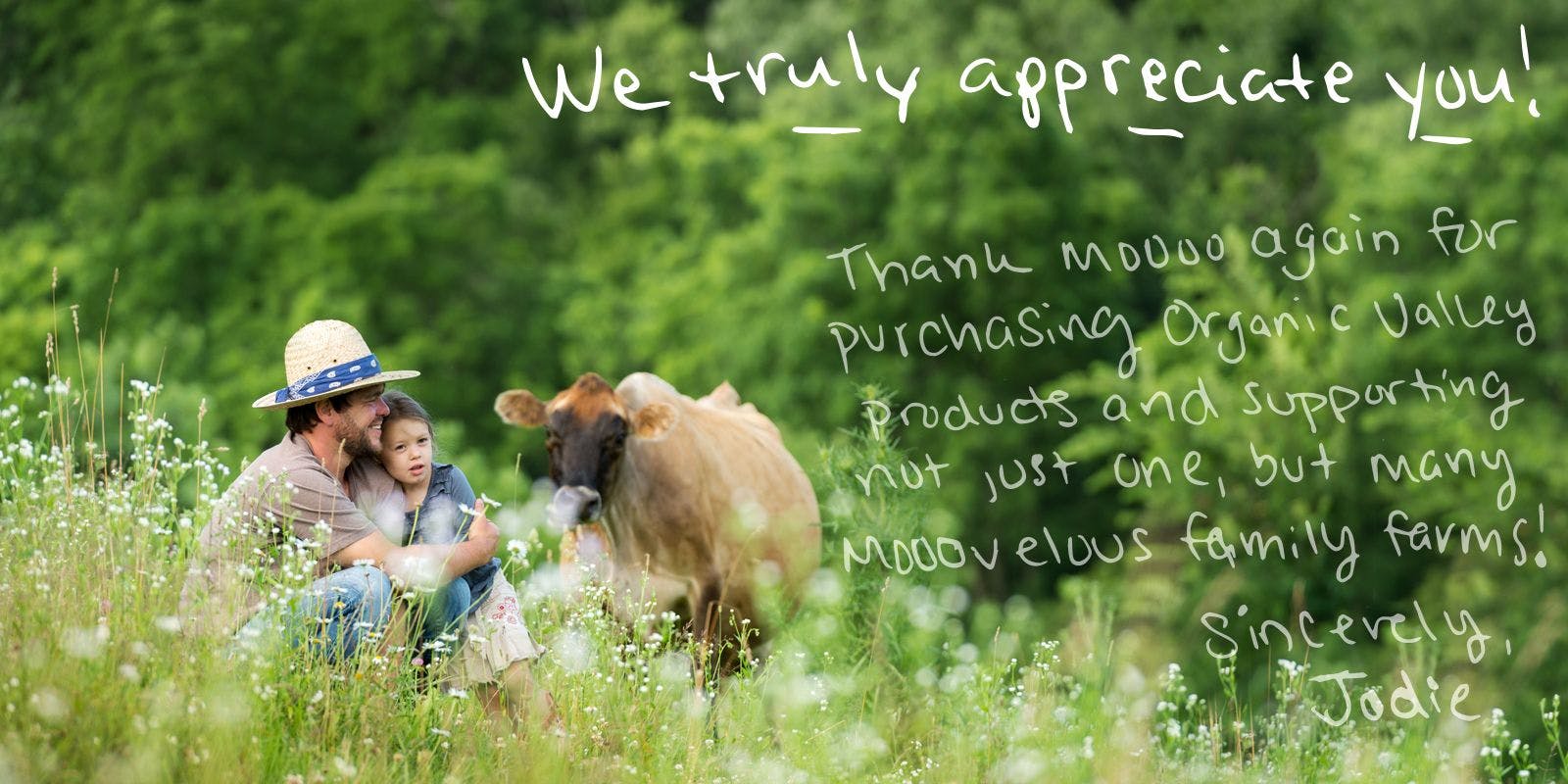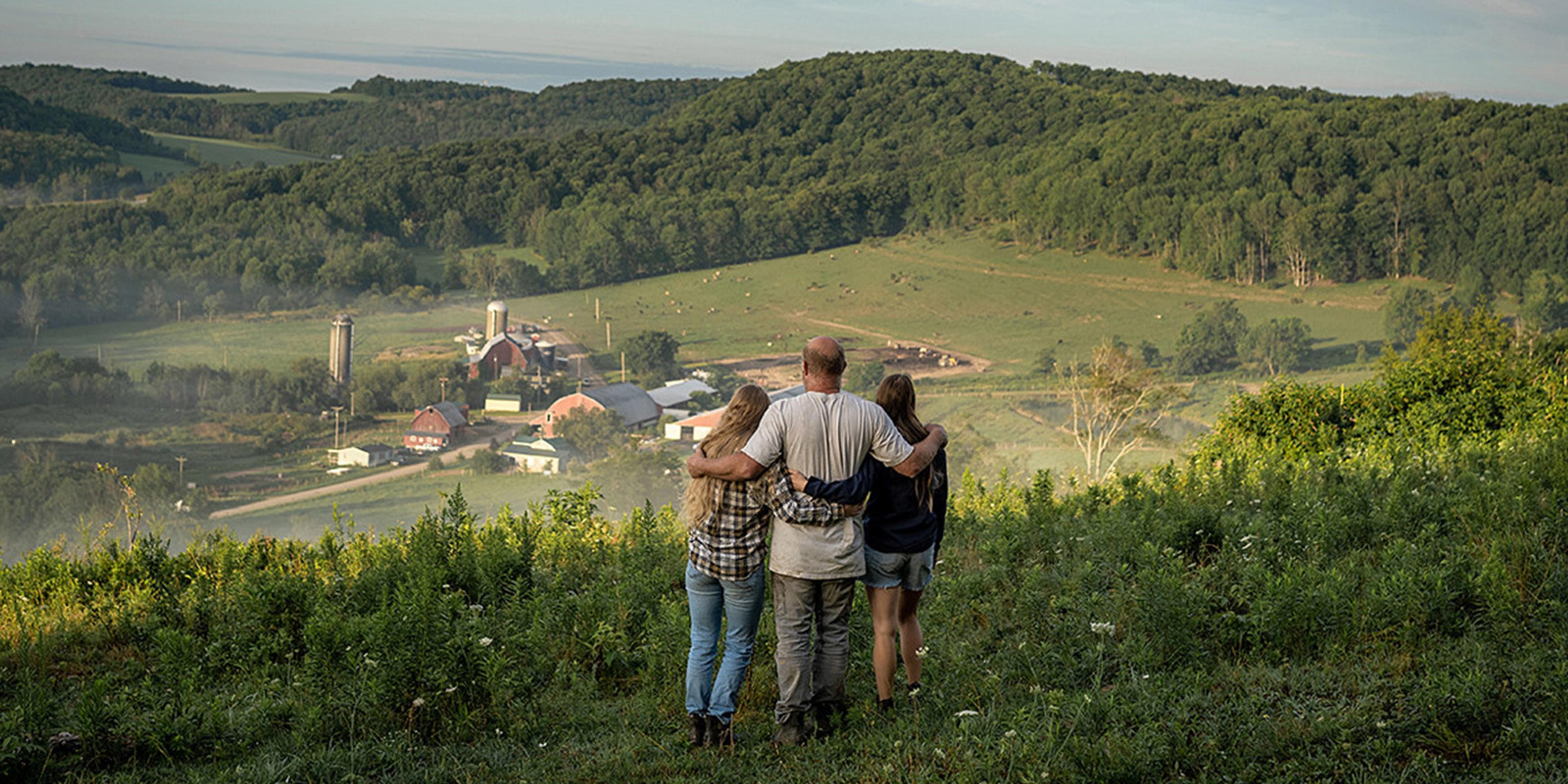
Rooted
Organic Valley Embraces Pennsylvania Farms During Crisis
Organic Valley welcomes new farmer-members from Pennsylvania who were recently told they had five days to find a place to ship their milk. That’s just five days to figure out what to do with their milk, how to make money if they can’t find a solution, or decide whether it is time to get out of farming altogether. Their entire livelihood could have been upended in just five days!
These 17 Pennsylvania farmers who were told by their milk buyers that they would lose their milk market called on Organic Valley for help. We couldn’t sit by and do nothing.
Since its beginning in 1988, Organic Valley has been dedicated to providing a sustainable pay price to farmers through organic farming.
Within days of learning of the plight of the Pennsylvania farmers, Organic Valley representatives headed to Pennsylvania to meet the families, visit farms, ensure they met the co-op’s quality and animal care standards, and discuss options for their future. In the meantime, the families found an interim solution to continue shipping milk. In the end, Organic Valley offered membership to nearly a dozen new farms!
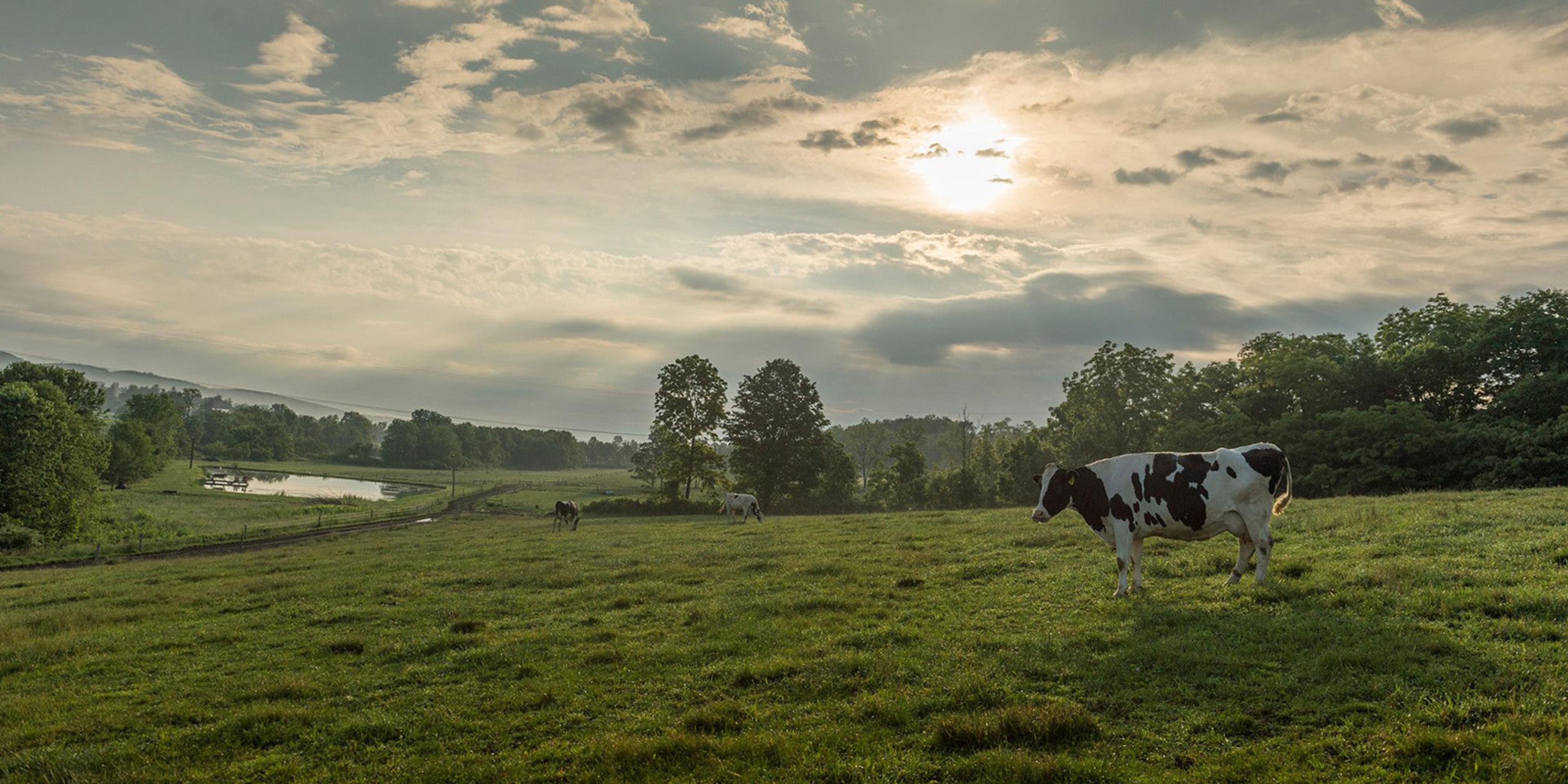
Cows on an organic farm in Pennsylvania.
The move comes just two months after Organic Valley welcomed 50 small organic family farms in Vermont, New York, Maine, and New Hampshire that received notices from their dairy companies that their contracts would not be renewed, leaving them searching for a place to market their milk.
Why We Need Small Family Farms
If the consolidating farm trend continues, an anticipated 5,000 family farms could close down in the next 12 months, according to the U.S. Department of Agriculture.
There are innumerable reasons to save small family farms. We could talk about it all day—it’s our passion! However, you may not have time for that so we will highlight a few:
Community: Small farms help keep rural communities together. Businesses rely on the small farms, and farms rely on the small businesses. Not to mention the bonds created with neighbors who look out for each other in challenging times and opportunistic times.
Animal care: Animals often get more one-on-one attention on smaller farms. The average herd size on Organic Valley farms is less than 80 cows, which is about 3 ½ times smaller than the national average dairy herd size! They also get plenty of time on pasture. Cows on many large industrial farms never step outside onto green fields.
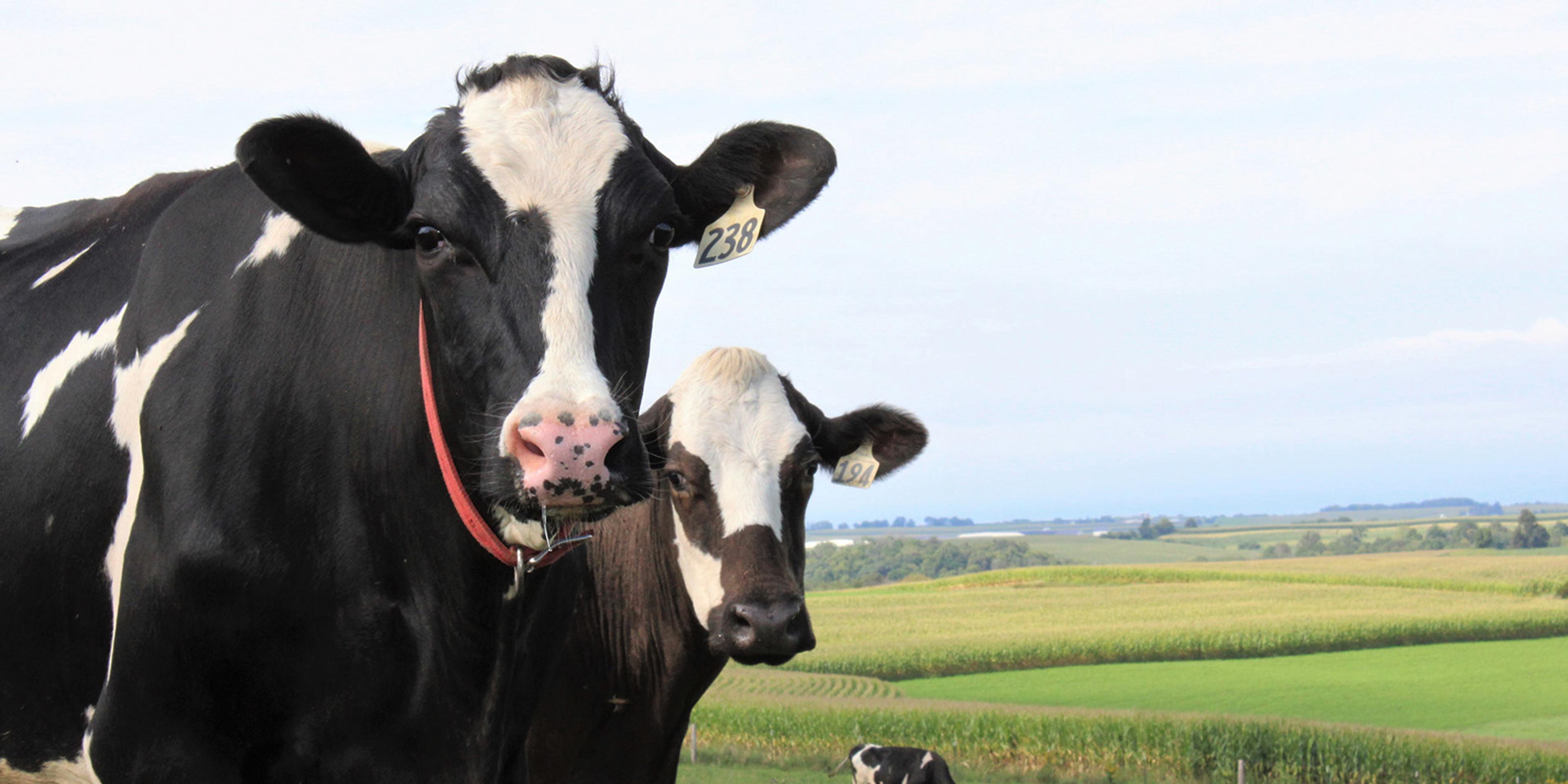
Cows pay attention on an Organic Valley farm in Wisconsin.
Planet: Family farms are often in balance with the surrounding natural ecosystem and adhere to eco-friendly practices. Since 1988, our farmers have kept more than 440 million pounds of chemicals off the land and are instrumental in caring for wild flora and fauna.
Food. Research shows the average American eats nearly a ton of food annually. (And the average American consumes about 1.5 to 2 cups of dairy daily, according to the U.S. Department of Economic Research Service.) That food has to come from somewhere! Organic Valley farmers take pride in producing quality food that is raised without the use of harsh chemicals.
Financial Pressures on Farms
Pennsylvania lost more than 6,000 farms from 2012 to 2017, according to the USDA Census of Agriculture.
As farms face increasing pressure financially and climatically, Organic Valley continues to fulfill its mission of saving small family farms across the rural landscape. So far this year, the Organic Valley farmer-owned cooperative has welcomed more than 60 new farms that were dropped by other companies in the dairy industry.
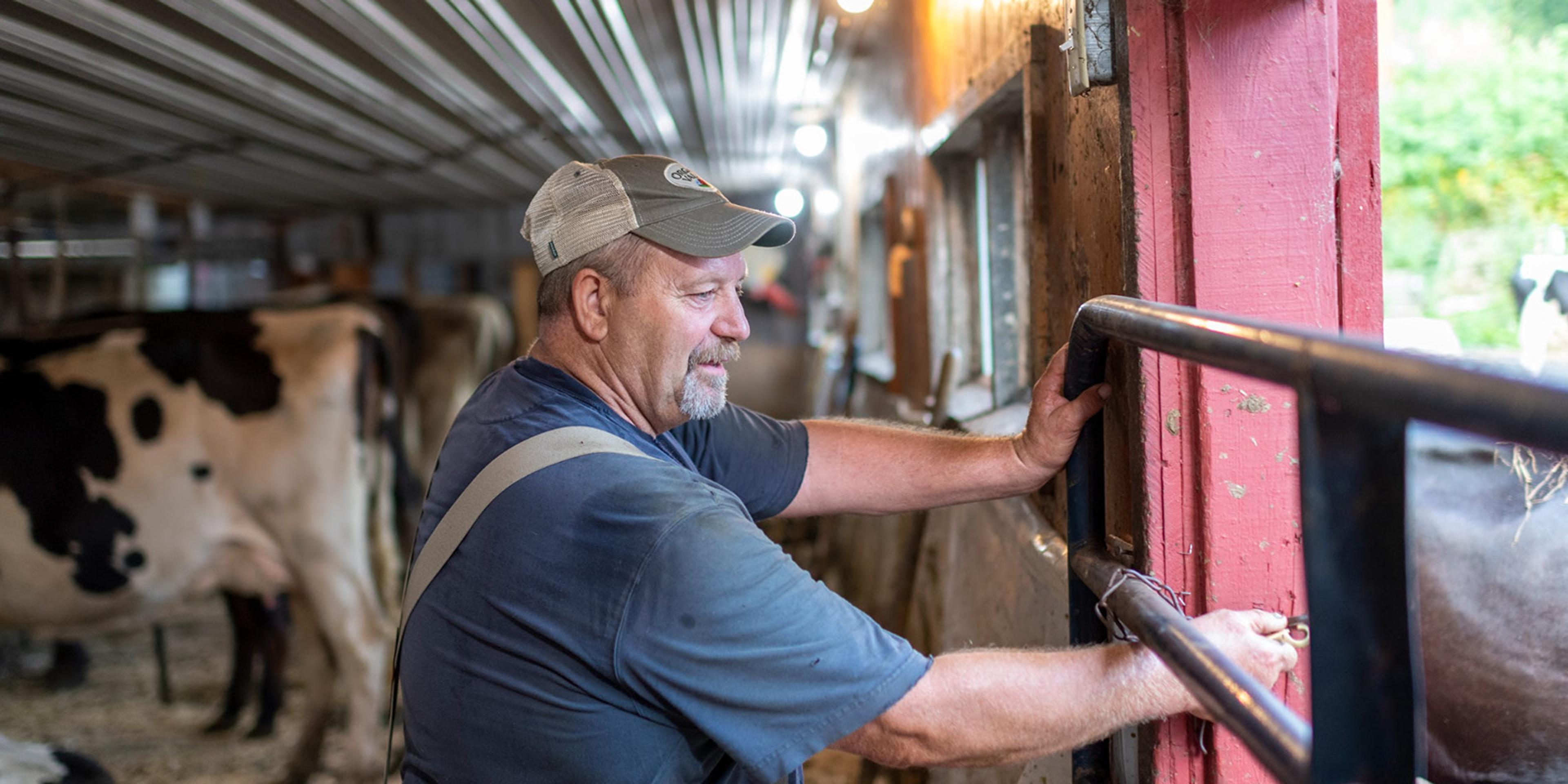
Mark Turner, Maine, recently became an Organic Valley farmer-member.
“Our mission is imperative—especially after seeing these family farms lose their market with little to no notice. What we have seen across the country is that when small family farms go out of business, they don’t come back,” said Travis Forgues, Organic Valley executive vice president of membership. “At the rate these farms are currently disappearing, there won’t be any small family farms left in America. However, if all of us do our part we can keep these family farms viable.”
With help from consumers like you, Organic Valley strives to lead the comeback of the American family farm.
Related Articles
- Tags:
- farm life













